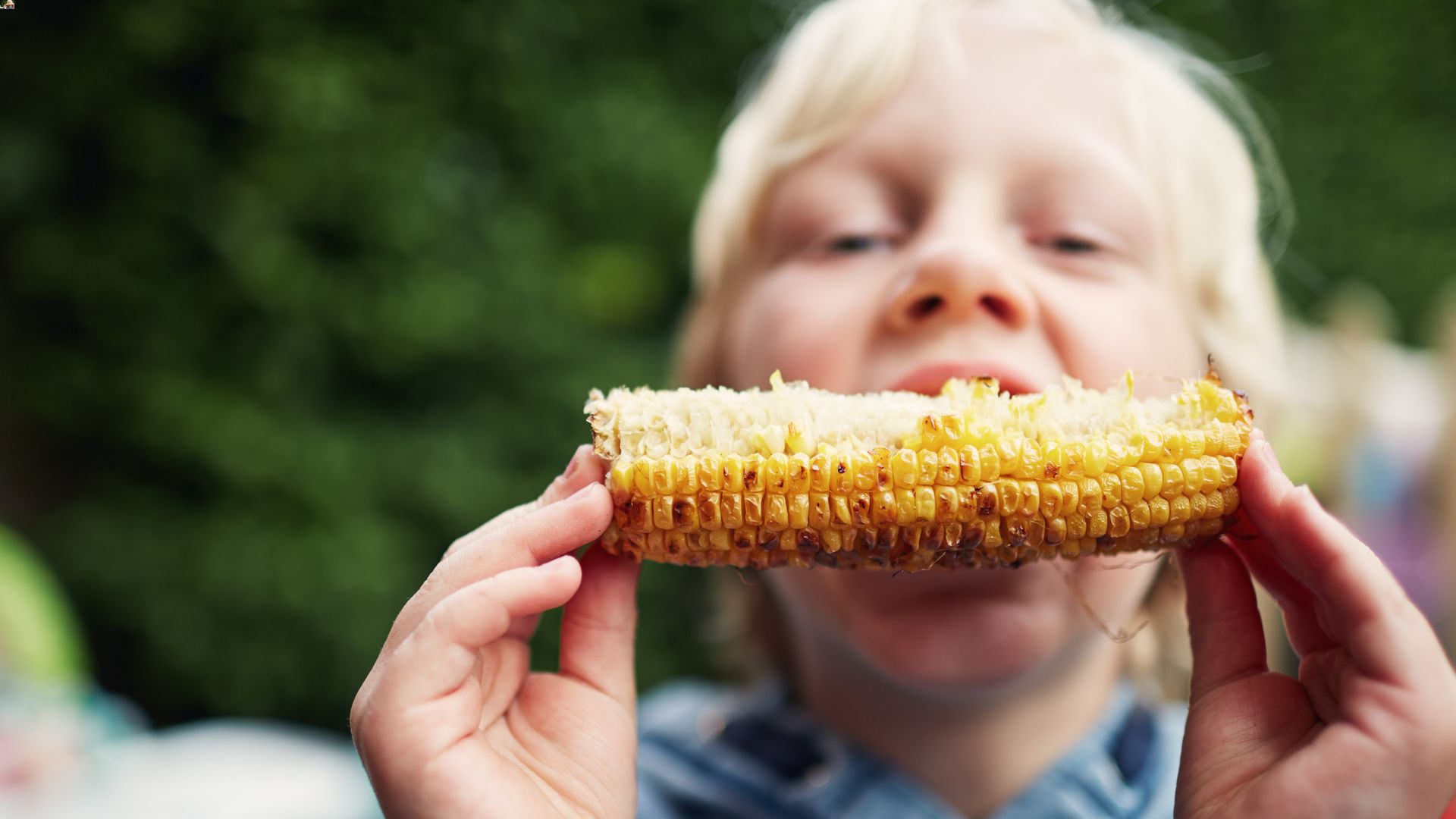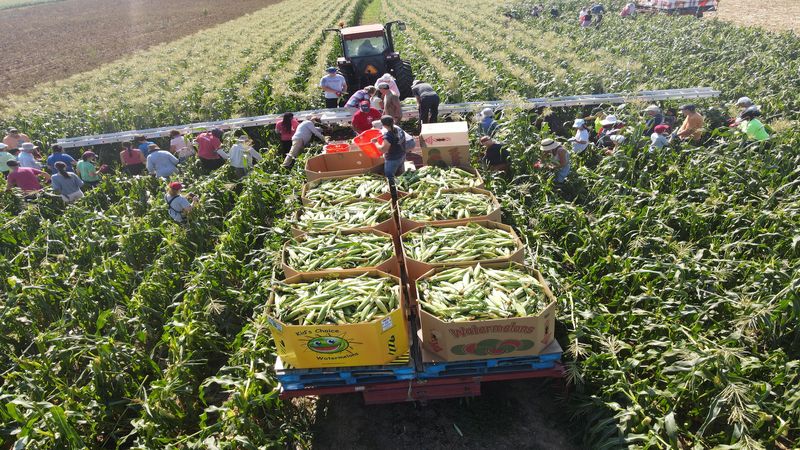Food, and Nutrition…

When people can eat better, they can live better lives. It’s just that simple – and nutrition is key!
At the true core of the Maryland Food Bank’s efforts, nutrition is Maryland’s surest route to a healthy and thriving population.
For nearly half a century, you have understood this, and supported our efforts to ensure healthy food is available to any Marylander in need. But recently, there has been a downward trend in donated food, prompting us to spend nearly 40% of our food sourcing budget on produce.
And while we’re thrilled to get more produce to more Marylanders, purchasing food at nearly 4x pre-pandemic costs is not financially sustainable. Programs like MFB’s Farm to Food Bank have done a great job supplying fresh produce to Marylanders from primarily Eastern Shore farms and will continue to do so, but we have taken this opportunity, albeit a costly one, to also increase access, reduce our environmental impact, and provide our neighbors with culturally appropriate foods. That’s why our investment in local farming the Culturally Inclusive Crop pilot program will lead to better outcomes.
Reaching new Heights with Pilots
“This pilot program is so important because its lifts so many up,” said Kate Long, MFB’s Director of Nutrition. “In addition to supplying our neighbors with culturally relevant foods, which people are more likely to actually eat—we’re ensuring that farmers are paid sustainable wages for their hard work.”

In Princess Anne, Wood Duck Landing Farm is growing callaloo, jute, eggplant, as well as scotch bonnet and habanero peppers—ingredients that are familiar, making it easier for families to cook healthy meals.
“Farming can be unpredictable, so it can be hard to get people to work. This project funding from MFB means consistency—now I can tell the people that work for me that they will have regular hours, and they can now plan their lives around regular pay.”
And while the Eastern Shore’s rich agricultural history remains vital to our plans, we’re reducing the environmental and financial impact of transporting food by partnering with local urban farms, like Strength to Love (STL) in northeast Baltimore.
STL is providing nutrient-dense greens like collards and rainbow chard, as well as beets, cucumbers, green peppers, zucchini and garlic, and we’re making this in-demand produce available at no cost to our neighbors visiting food pantries.
“Knowing that the faster Marylanders get fresh fruits & vegetables, the healthier it is, we were thrilled to help the Maryland Food Bank by providing a refrigerated truck to shorten the time it takes to get locally grown produce from farmer to your partners here on the Eastern Shore, and ultimately onto the tables of our neighbors.”—Stacy McMichael, Executive Director, Richard Henson Foundation
Get updates on our progress in the fight against hunger
Want to see how your involvement directly impacts the well-being of your neighbors in need? Get the latest news sent to your inbox.







